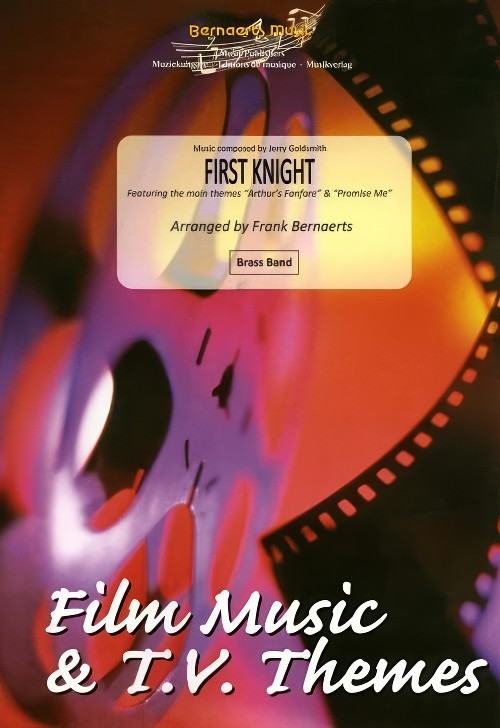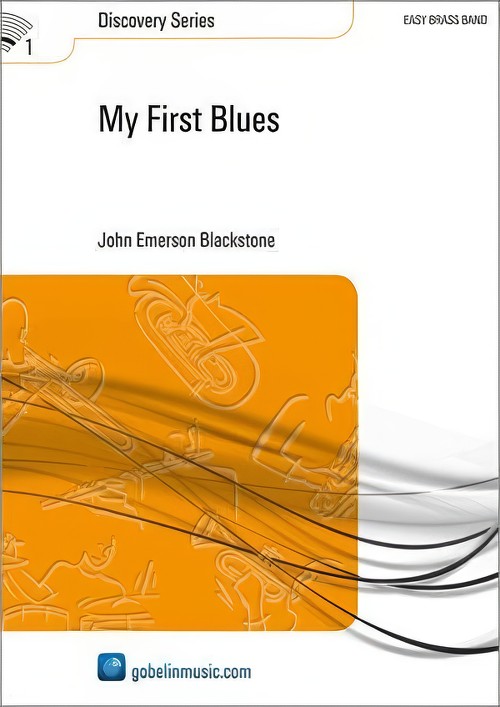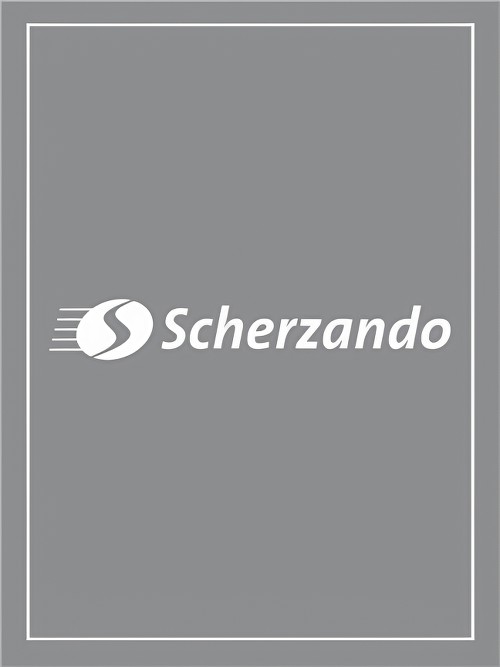We've found 1000 matches for your search. Order by
Results
-
£32.95
-
 £54.99
£54.99First Knight (Brass Band - Score and Parts) - Goldsmith, Jerry - Bernaerts, Frank
Featuring the main themes "Arthur's Fanfare" & "Promise Me". Duration: 04:30
Estimated dispatch 7-14 working days
-
 £54.99
£54.99My First Blues (Brass Band - Score and Parts) - Blackstone, John Emerson
A blues number that really makes a statement! A strong introductory piece that produces an impressive effect and includes sufficient work for every band member.Duration: 2:00
Estimated dispatch 7-14 working days
-
 £54.99
£54.99First Bolero (Brass Band - Score and Parts) - Ares, Rob
Duration: 2.45
Estimated dispatch 7-14 working days
-
 £54.99
£54.99First Suite (Brass Band - Score and Parts) - Ares, Rob
Duration: 6.00
Estimated dispatch 7-14 working days
-
 £40.00
£40.00 -
 £74.95
£74.95FIRST SUITE IN E FLAT (Holst) (Brass Band - Score and Parts) - Holst, Gustav - Herbert, Sydney
Includes:ChaconneIntermezzoMarch
Estimated dispatch 7-14 working days
-
 £32.95
£32.95FIRST SUITE IN E FLAT (Holst) (Brass Band - Score only) - Holst, Gustav - Herbert, Sydney
Includes:ChaconneIntermezzoMarch
Estimated dispatch 7-14 working days
-
 £50.90
£50.90MY FIRST LOVE (Euphonium Solo with Brass Band) - Fernie, Alan
based on Music by John Miles. Grade: Medium.
Estimated dispatch 7-14 working days
-
 £40.00
£40.00
